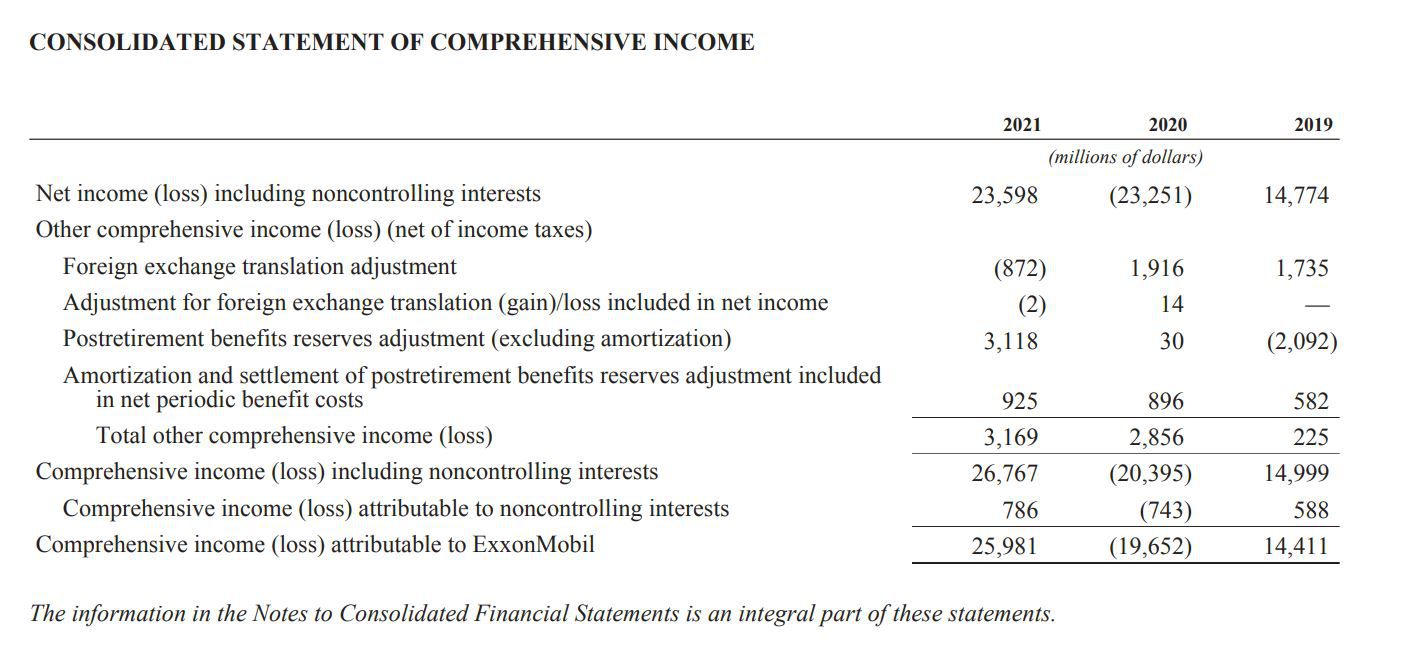

Finance
Load-Waived Funds Definition
Published: December 19, 2023
Looking for a clear definition of load-waived funds in the field of finance? Our expert guide has you covered. Explore now and enhance your financial knowledge.
(Many of the links in this article redirect to a specific reviewed product. Your purchase of these products through affiliate links helps to generate commission for LiveWell, at no extra cost. Learn more)
Understanding Load-Waived Funds: Definition and Benefits
When it comes to investing in mutual funds, there are various terms and jargon that can seem confusing. One such term is “load-waived funds.” In this blog post, we will break down the definition of load-waived funds, explain the benefits they offer, and help you understand how they can fit into your investment strategy. So, let’s dive in!
Key Takeaways:
- Load-waived funds allow investors to invest in mutual funds without having to pay the upfront sales charge or commission.
- These funds often provide more flexibility in terms of investment amounts and can be especially beneficial for long-term investors.
What are Load-Waived Funds?
A load fee is essentially a sales charge that is levied by some mutual funds to compensate financial advisors or brokers for their services. However, load-waived funds offer investors the opportunity to invest in a mutual fund without having to pay these upfront charges or commissions. Instead, investors can access these funds without any initial sales fees or contingent deferred sales charges (CDSC) when purchasing through certain channels, such as direct from the fund company or through fee-based advisors.
Load-waived funds are typically classified as either “Class A” or “Class C” shares in mutual funds. Class A shares usually have a front-end sales load, but they can also be purchased as load-waived shares, which means investors can avoid paying the upfront sales charge. On the other hand, Class C shares generally have a contingent deferred sales charge (often referred to as a “back-end load”) that is waived when investors choose the load-waived option.
The Benefits of Load-Waived Funds
Investing in load-waived funds offers several advantages for investors. Here are some key benefits:
- No upfront sales charges: Load-waived funds allow investors to get started with their investments without having to pay any upfront sales charges or commissions. This can be particularly beneficial for those who prefer to allocate their entire investment amount to the fund from the beginning.
- Flexibility: Load-waived funds provide more flexibility in terms of investment amounts. Investors can get started with smaller initial investments, making these funds accessible to a wider range of investors.
- Long-term investment strategy: Load-waived funds are often favored by long-term investors who plan to hold their investments for an extended period. As these funds do not have upfront sales charges, investors can benefit from the compounding effect over time, potentially increasing their overall returns.
- Access to professional advice: Most load-waived funds are available through financial advisors or fund companies, which means investors can still seek professional advice and guidance in building their investment portfolios.
It’s important to note that while load-waived funds can be a great option for many investors, everyone’s financial situation and goals are unique. Before investing, it is always recommended to consult with a financial advisor or do thorough research to ensure that load-waived funds align with your investment strategy and objectives.
In Conclusion
Load-waived funds offer investors the opportunity to invest in mutual funds without having to pay upfront sales charges or commissions. These funds provide flexibility in investment amounts, making them accessible to a wider range of investors. Moreover, load-waived funds can be particularly beneficial for long-term investors who want to take advantage of the potential for compounding returns over time.
If you are considering investing in load-waived funds, it’s crucial to evaluate your individual financial goals and seek professional advice to determine if these funds are the right fit for your investment strategy. By understanding load-waived funds and their benefits, you can make informed decisions and work towards achieving your financial objectives.














